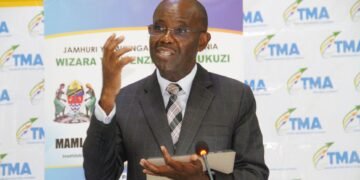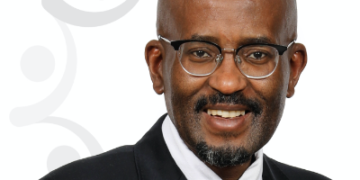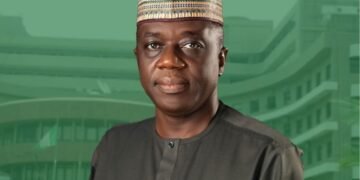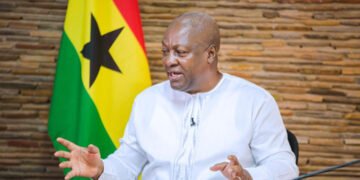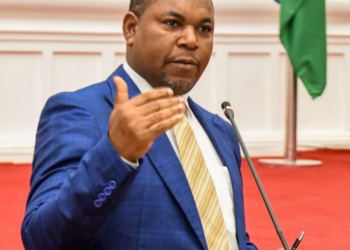The Nigerian Electricity Management Services Agency (NEMSA) has revealed plans to establish additional inspectorate field offices across all states in Nigeria to bolster its efforts in enforcing technical standards, regulations, and codes within the electricity sector nationwide.
NEMSA’s mandate, outlined in the Establishment Act, emphasizes the enforcement of technical standards and regulations, inspection, testing, and certification of electrical installations, meters, and instruments.
The overarching goal is to ensure the efficient production and delivery of safe, reliable, and sustainable electricity, with a focus on safeguarding lives and property in the Nigerian Electricity Supply Industry (NESI) and related industries.
During an interactive session with journalists in Abuja, Managing Director/CEO of NEMSA, Aliyu Tukur Tahir, emphasized the critical nature of the agency’s roles and functions in the power sector, underscoring the need for additional engineers and technical personnel to enhance effectiveness.
Tahir highlighted the evolving global trends in electricity generation and transmission, particularly the shift towards renewable energy. He stressed the importance of continuous training and retraining for engineers and technical staff to keep pace with these changes.
Tahir emphasized NEMSA’s commitment to carrying out its statutory functions, including technical inspection, testing, and certification of all electrical materials and equipment in the electricity industry.
Tahir said, “The government is doing its bit. However, with the evolving global trend in electricity generation and transmission, especially as the world is tilting towards renewable energy, there is a need for our engineers and technical staff to be trained and retrained for the requisite knowledge.”
NEMSA, being among the first government agencies to be ISI-certified, has achieved significant milestones, such as testing and calibrating over 2.6 million meters, inspecting and testing 21,681 electricity installation projects, monitoring 16,624 electricity networks, and certifying approximately 4,921 factories, hazardous installations, and public places nationwide.
The agency has also pursued legal action against breaches of recommended standards, resulting in four convictions to date.


